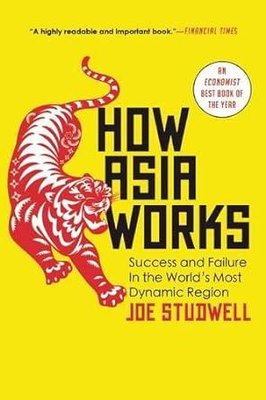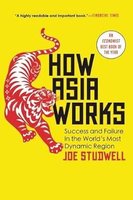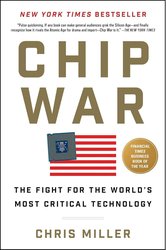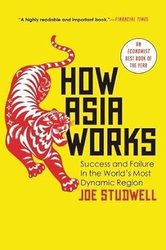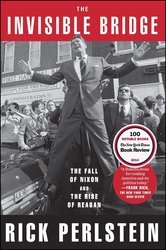Why Silicon Valley Bank Collapsed — And What Comes Next
Last Friday, in the largest bank failure since 2008, Silicon Valley Bank failed.
Banks fail all the time. But unless it’s a big or highly-connected bank, most of us don’t pay much attention. That’s because at the average bank, about half of all accounts are F.D.I.C.-insured. That means, if a typical bank fails, the F.D.I.C. will step in and pay every depositor back up to $250,000.
But Silicon Valley Bank was not a typical bank. It seems that only around a single digit percentage of accounts were under $250,000. And the people who banked at Silicon Valley Bank are among the most powerful in the world. Nearly half of venture finance-backed tech and life-science companies had money in there. When these people start shouting, those in power listen.
And so the Federal Reserve and the Treasury Department and the F.D.I.C. stepped in forcefully. They retroactively insured all the accounts, and created an emergency system to backstop other struggling banks, too. But that doesn’t mean this is over. Bank runs are narrative phenomena. Rising interest rates are revealing a financial system that had only planned for low interest rates — in perpetuity. And if, in practice, we’re going to make whole any depositor at any bank no matter how much money is in the account, shouldn’t we make that into actual policy, and charge banks for the privilege of full social insurance?
Noah Smith is an economist, a former columnist at Bloomberg, and the author of the fantastic Substack Noahpinion, and he’s done some of the clearest writing and coverage of this mess. We talk about the above, as well as what the crypto boosters — many of whom were begging for a bailout here — got wrong about trust and finance, the problem the Fed now faces raising rates to fight inflation, whether this was a “bailout,” how a bank can be “narratively important” no matter its size, and much more.
